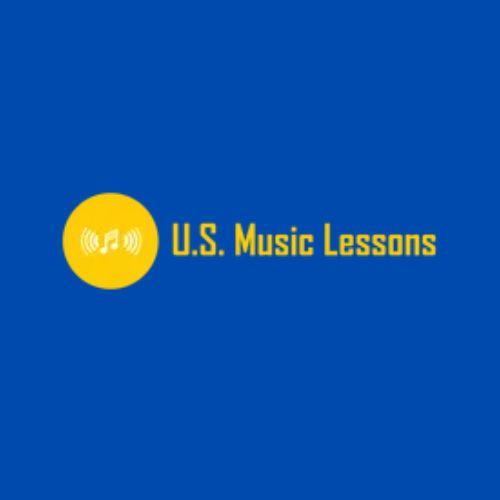
Does your child fill your home with spontaneous melodies and impromptu performances? If music seems to be their natural form of expression, voice lessons might be the perfect opportunity to nurture their talent. Many parents wonder about the right time approach to begin vocal training for their children in expert voice lessons in San Diego, and this guide will help you to navigate those important decisions.
The Ideal Age to Begin
When it comes to giving voice lessons, the question of timing will also need to be addressed. In the opinion of most vocal instructors, formal training can begin positively between the ages of 8 and 10. By this time, children have mastered the level of attention required for structured learning, and their vocal cords are ready to undergo serious training.
Typically, they are a little familiar with the fundamentals of music in school and can follow the commands for regular practice. Still, do not be disheartened with such age limitations if the age of your child is even smaller; there are numerous other activities in which your child will be involved that will be proportionate to their age, such as children’s choirs, group singing, or intro to music classes that have basic skill introduction.
Beyond the Music: Developmental Benefits
Voice lessons in San Diego provide a unique service above and beyond dealing with singing classes. For example, children who practice some form of vocal training often get a marked increase in self-esteem and ability to express themselves. Children also learn throat, mouth, and nasal passage control that helps, for example, when they have to speak in front of many people or engage in sporting activities.
Apart from that, regular singing practice improves attention span, helps in memorization of song words and tunes, and creates an interest in and appreciation of various music genres. Moreover, these classes ensure that there is performance practice that allows children to get used to the stage and audience.
Choosing the Perfect Instructor
Finding the right vocal teacher can make all the difference in your child's musical journey. Look for an instructor who specializes in working with young voices and creates an engaging, positive learning environment.
The ideal teacher should understand the importance of vocal health for developing voices and offer a mix of traditional and contemporary songs to maintain interest. They should also provide regular updates about your child's progress and adapt their teaching style to match your child's learning pace and preferences.
The Lesson Experience
Typical voice lessons in San Diego combine education with entertainment to keep young students engaged. Sessions usually begin with fun warm-up exercises and vocal games before moving into breathing techniques and basic music theory.
Children learn pitch-matching exercises and work on song interpretation, gradually building their skills and confidence. Beginning lessons usually last 30 to 45 minutes, which is perfect for maintaining focus while preventing vocal fatigue.
Supporting Your Younger Singer!
Parents play an important role in their child’s vocal development journey. Since creating a consistent practice is important, you must aim for 10 to 15 minutes daily rather than longer and irregular sessions.
In addition, you should provide a quiet space where your child can practice without feeling self-conscious and show genuine interest in what they are learning. Try to attend their performance and show encouragement during challenging periods, and maintain open communication with their teacher about progress and concerns.
Understanding the Investment
Voice lessons in San Diego represent both a financial and time commitment. Lesson costs typically depend on your location and the teacher's experience level. Additional expenses might include music books, recording equipment for practice, performance attire, and recital fees. In addition, you must consider the time investment for travel to lessons and daily practice sessions.
Monitoring Progress and Adjustments
Stay attentive to your child's vocal health and enthusiasm. Watch for signs of vocal strain or fatigue, which might indicate a need to adjust the training approach. During puberty, voice changes may require temporary modifications to protect developing vocal cords. If you notice a decrease in enthusiasm or difficulty balancing lessons with other activities, don't hesitate to discuss these concerns with the instructor.
Setting Healthy Expectations
Remember that developing vocal skills is a gradual process that requires patience and persistence. Focus on celebrating small improvements and maintaining a positive attitude throughout the journey.
Every child progresses at their own pace, and mistakes should be viewed as valuable learning opportunities rather than setbacks. The primary goal should always be enjoying the musical experience rather than achieving perfection.
Taking the First Steps!
If you are ready to begin, try to research local voice teachers and music schools with strong reputations for working with children. It's a good idea to book a few trial singing classes with different teachers in San Diego to see who best suits your child in terms of levels of comfort and learning. Be open about your child’s ambitions and preferences. Let’s start with the short term just to see how it works with the lessons for the family.
Creative hobbies like voice lessons in San Diego can help the child’s artistic development and growth. It is possible to enhance your child’s singing skills and develop beneficial skills that will be necessary elsewhere. In all other life distractions, of course. However, if you want to enroll your kids in a reputed music school, contact us at U.S. Music Lessons.

